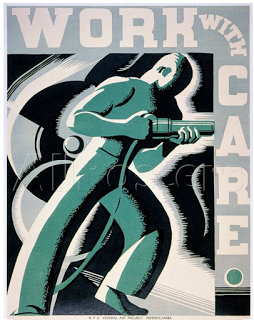The historian will tell you what happened. The novelist will tell you what it felt like.
– E. L. Doctorow
Academics will tell you what happened to generate returns in finance, but the manager will have tell you the feel for how it is done.
There is difference between theory and practice. The academic research study that identifies an obvious new risk premium may be difficult or impossible to implement in practice. The good firm is able to separate theory and practice and avoid implementing bad ideas. They will have a feel for whether it can be done in practice.
An important part of any hedge fund due diligence is understanding the process of moving from theory and research to implementation. Some firms are good at it. Others are not, so asking the right questions is important to finding how who is good at research implementation. Implementation processes add realism to determine the success of new ideas. For example:
• How is research conducted to add realism?
• How is new research actually included in a portfolio?
• How are changes in existing models addressed?
• How are new research ideas sized relative to existing strategies?
• How are new ideas traded in different market situations?
• How is liquidity for a new strategy addressed?
• How does a manager address or plan for crises or extreme events with a new strategy?
• How are the experiences and unique situations faced by the manger employed within strategies?
A good trader or portfolio manager may not be the best at measuring statistical relationships, but they should be good at addressing the intangible issues of market dynamics in order to accept research and size risks.

